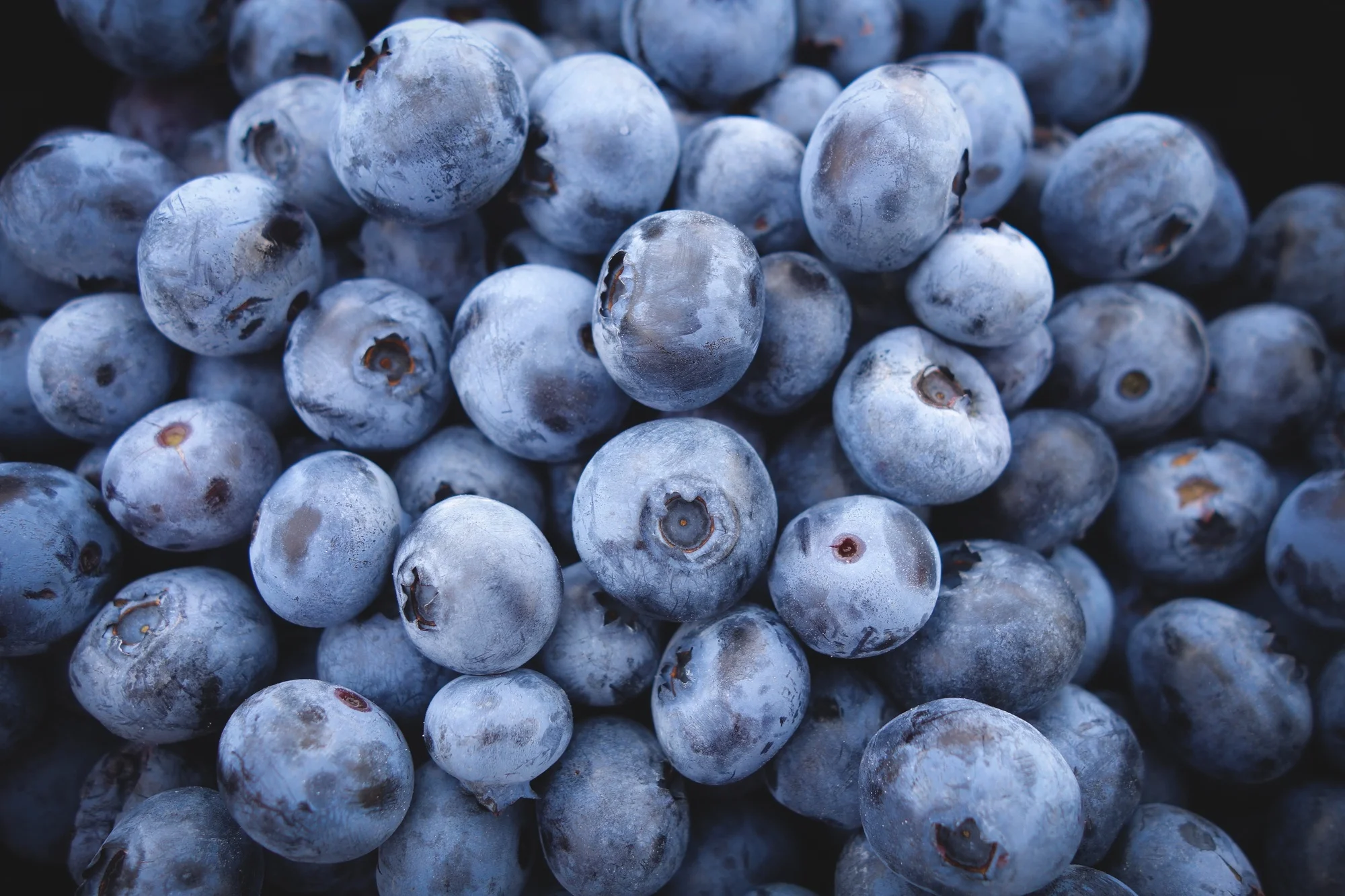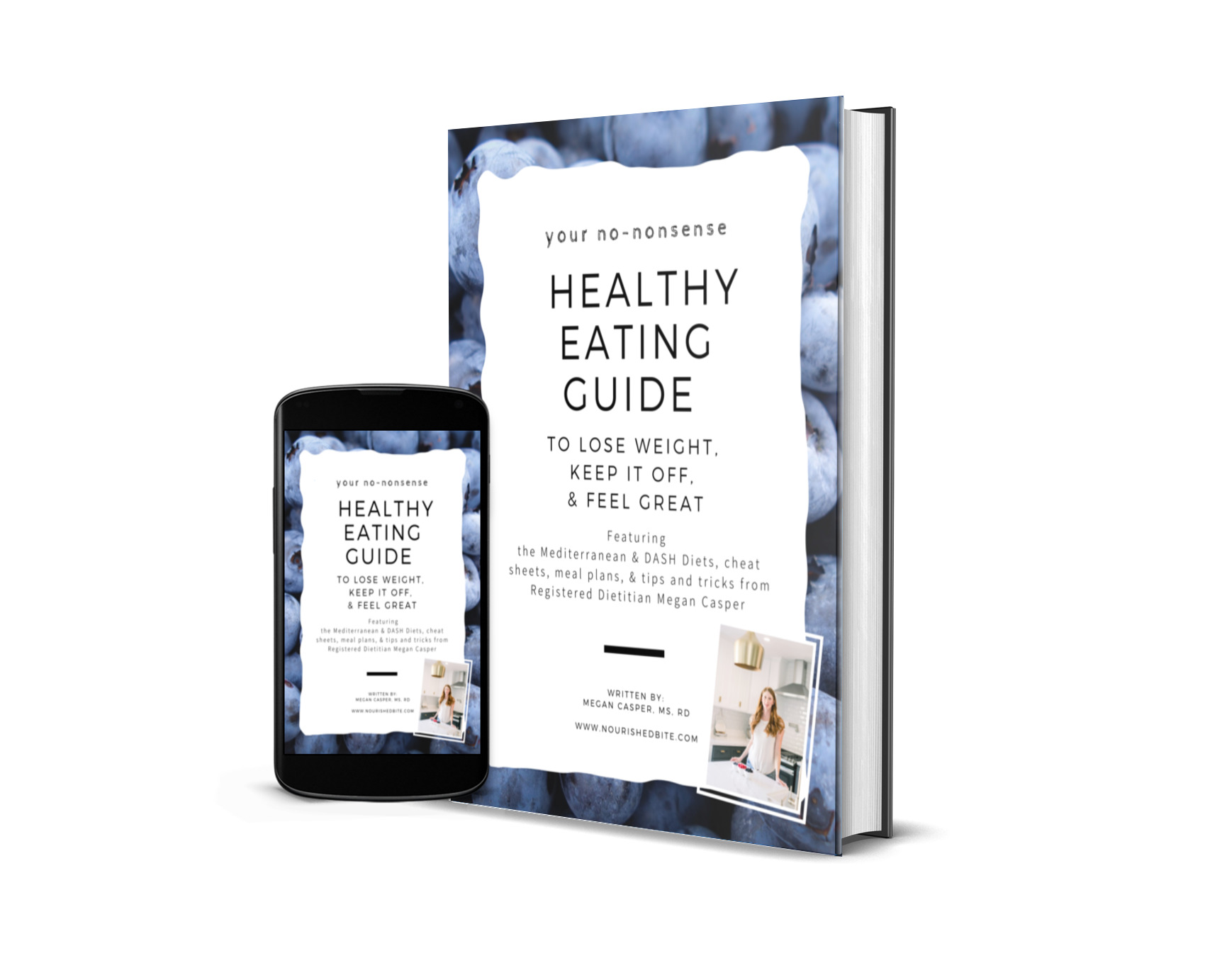6 Quick, Easy and Healthy Cooking Oil Tips
/You’ve heard that saturated fats are bad and unsaturated fats are good but what’s that mean for you when you’re sautéing tonight’s dinner?
Quick review: typically more solid fats (ie: butter, that juicy rim around your steak, coconut oil) are higher in saturated fats and liquid oils are higher in cholesterol lowering unsaturated fats. If your takeaway is, “I better use only olive oil!” you’re not alone, but that may cause more harm than good.
One of the things that makes these healthy fats so good for you is their high content of unsaturated fats, which have kinks along their fatty acid tails. These kinks also happen to be a weak spot in the tail, and heat, oxygen and light can cause these kinks to break down and form disease causing free radicals - probably the opposite of what you were going for when you bought that expensive bottle of extra virgin.
So what can you do?
Store oils in a cool, dark place away from light and heat – like a cabinet away from your stove.
Avoid storing oils in plastic bottles to avoid chemical leaching.
Keep bottles sealed tightly. Not planning on going through the bottle quickly? Consider a wine saver pump to vacuum out air.
Oils can be stored in the refrigerator but they may become cloudy and harder to pour.
If you are using a flavorful oil for things like dipping, salad dressings, etc, you should buy in smaller amounts, store in a cool place, and use relatively quickly - about three months.
Lastly - and very importantly! - look at an oil’s smoke point and see what range that oil should be cooked to. Some Nourished Bite favorites? Try a cold-pressed, unfiltered olive oil for salads. Processing increases the temperature that an oil can be cooked to but it also removes many of the rich phytochemicals that give olive oil it’s powerful anti-inflammatory properties. For high heat cooking try an oil that can handle the heat but still is rich in monounsaturated fats, like avocado oil or canola oil. Research suggests that swapping out saturated fats and swapping in oils high in monounsaturated fats can reduce total cholesterol, LDL cholesterol and decrease the risk for diabetes.
What are your favorites? Any tips and tricks? Share below!



